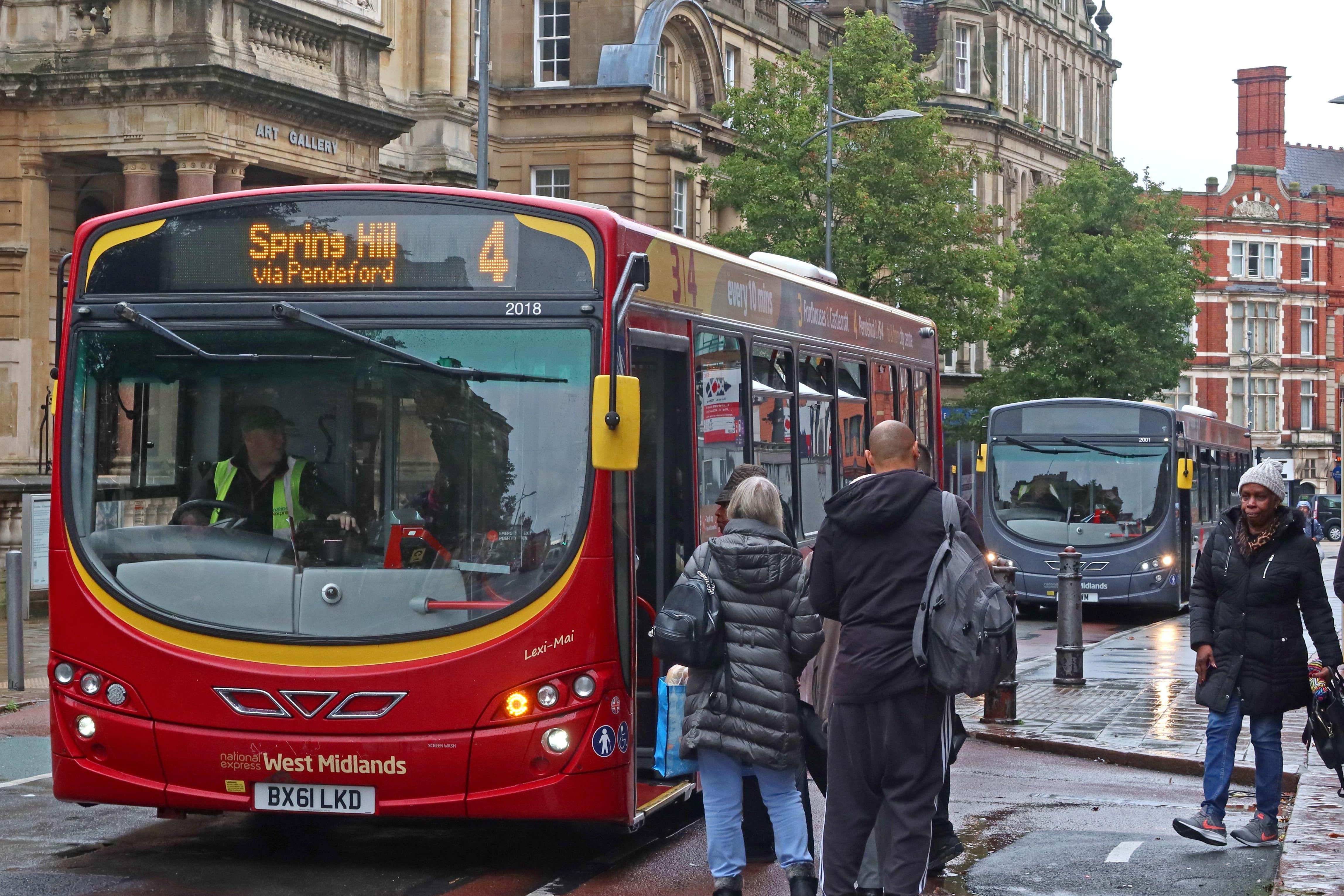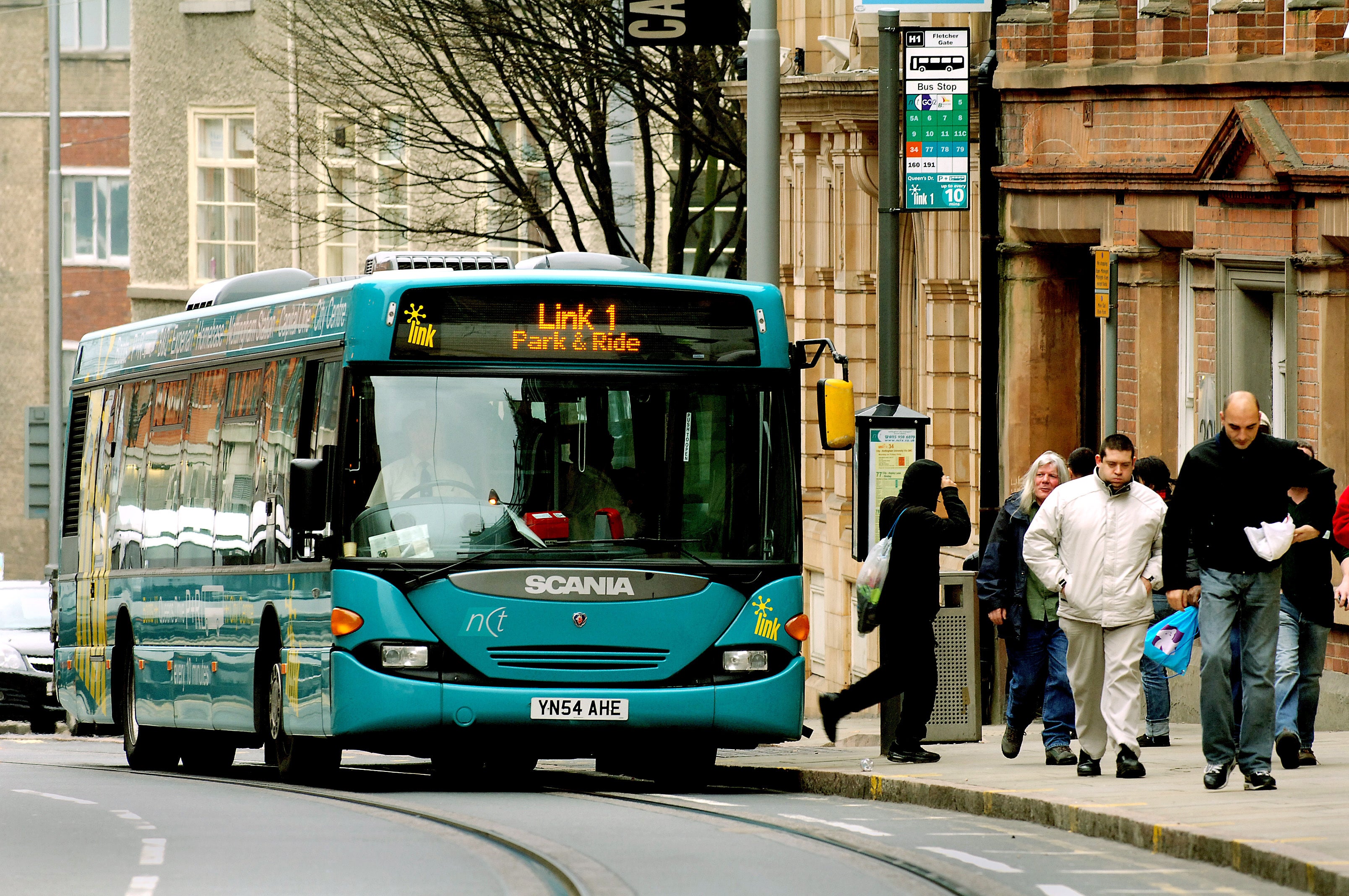
Attempts by successive governments to revitalise bus services across England have largely failed, with passenger numbers remaining below pre-pandemic levels and a significant reduction in routes, a new report by the spending watchdog has revealed.
The National Audit Office (NAO) study, which focuses on areas outside London, paints a bleak picture of a sector facing a "cycle of decline", particularly in rural and suburban areas.
It warns that low demand leads to service withdrawals, which in turn further reduces passenger numbers, prompting more cuts.
The report highlights the weakening commercial viability of bus operators, citing falling revenues and rising costs. Public funding now accounts for half of operators' revenue, totalling £1.8 billion in 2023/24.
Despite this, most local bus services are run by private companies, who primarily set routes and timetables based on profitability, with local transport authorities only supporting services deemed "socially necessary".
The findings come despite a significant pledge made by then-Conservative prime minister Boris Johnson in February 2020, who promised £3 billion in funding over five years to improve bus services.
The Department for Transport (DfT) published a national bus strategy for England, Bus Back Better, in March 2021, which set out that the department wanted services to be more frequent, cheaper and better integrated with other forms of transport.

The NAO said the total number of bus journeys made in the year to the end of March 2024 was 1.78 billion, down 9 per cent from 1.96 billion in 2019/20.
Over the same period, the mileage covered by buses fell by 15 per cent.
Following Labour’s success in the July 2024 general election, the Bus Back Better strategy is no longer government policy.
The DfT’s Bus Services Bill – which is at committee stage in the House of Commons – will lead to an overhaul of buses by giving all local transport authorities new powers to run their own services.
But the NAO noted that this franchising model is “difficult and expensive” to adopt, and recommended that the department should better target the support it gives different local transport authorities depending on their needs.
Gareth Davies, head of the NAO, said: “Bus travel should be an easy and reliable transport choice but governments’ attempts to improve services have not always worked.
“DfT should work with local transport authorities and the bus sector to maximise the impact of the available resources in reversing the decline in bus usage.”

A DfT spokesperson said: “Better buses are around the corner and are central to the Government’s Plan for Change— connecting communities, strengthening the local economy, and boosting access to jobs.
“After decades of decline, we’re providing a record £1 billion investment to improve the reliability and frequency of bus services across the country.
“Our landmark Bus Bill, now progressing through parliament, will protect routes and prevent services from being scrapped – putting buses back into local control and bringing passengers back to the heart of buses.”
Graham Vidler, chief executive of industry body the Confederation of Passenger Transport, said commercial operators “delivered growth” in many towns and cities by investing in new routes, zero-emission buses and more frequent services.
He went on: “With a level of public investment still low by European standards, passenger numbers outside London grew by 15 per cent last year and 83 per cent of customers said they were satisfied.
“We do not recognise the description of an industry with weakening commercial viability.
“What’s crucial going forward is that public funding delivers the outcomes that matter to passengers.
“More buses to more destinations with quick, reliable journey times should be front and centre of investment plans.”
Warning as ‘enormously high number’ of fines issued on yellow box rule
15 best things to do in London with the kids this summer
Best swimming pools in London, from lidos to hotel rooftops
Travel chaos at London Euston after train derailment
‘Cabin baggage wars’ set for another major battle – here’s what it means
The busiest travel day of the year in the US is soon — here’s what to know




.jpg?w=600)


